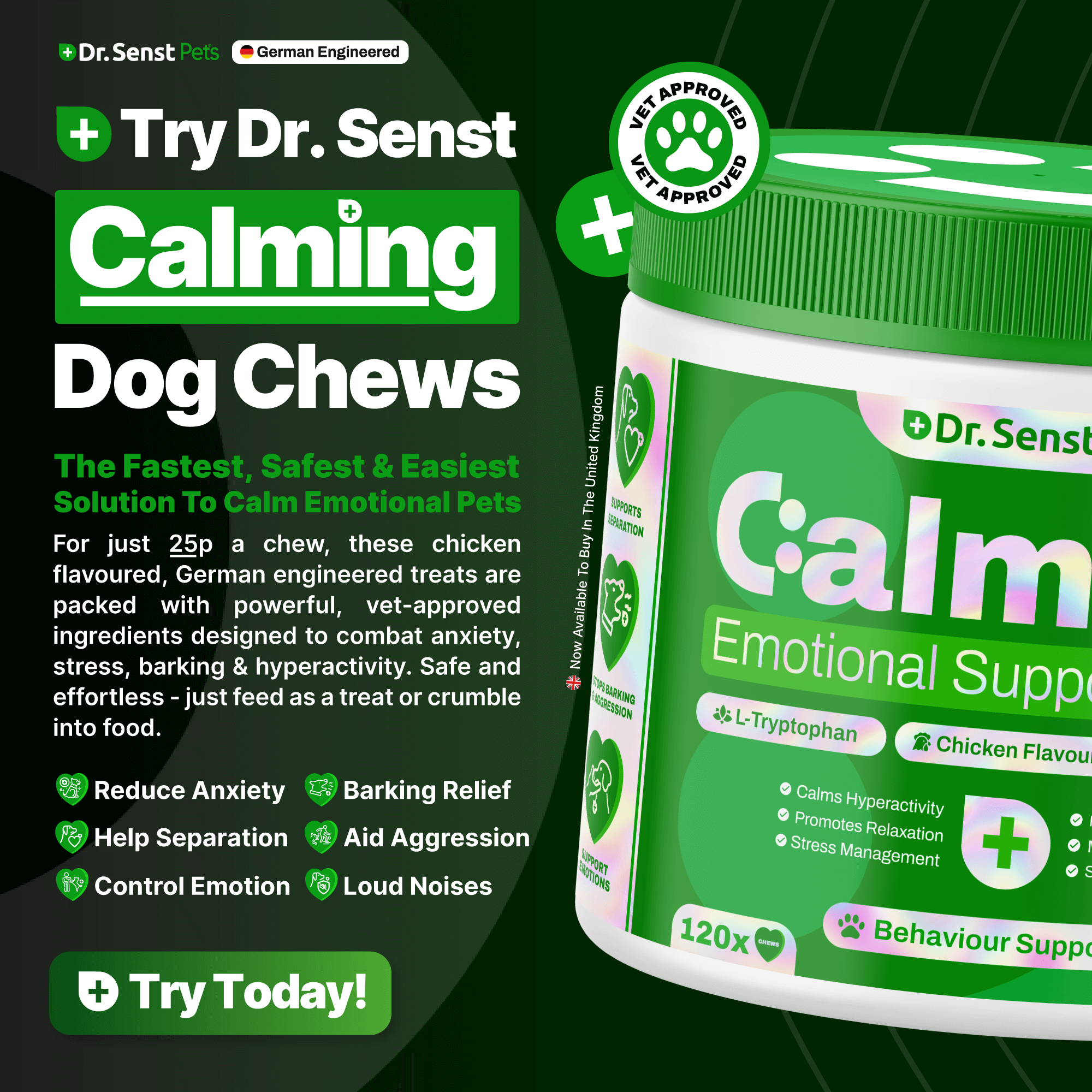Home Remedies for Cat Eye Infections: What You Can Do
Introduction: Understanding Cat Eye Infections
Eye infections in cats are not uncommon and can be caused by a variety of factors, including viruses, bacteria, or even allergies. These infections often lead to symptoms like redness, swelling, discharge, and discomfort. As a concerned pet owner, knowing how to manage cat eye infections with home remedies can be a helpful first step before seeking professional veterinary care.
In this guide, we will explore natural and simple home remedies that can provide relief to your feline friend, alongside tips on preventing future infections and knowing when to visit your vet.
Common Causes of Cat Eye Infections
1. Viral Infections
Viruses such as feline herpesvirus (FHV-1) are a leading cause of eye infections in cats. This virus can lie dormant for years and flare up due to stress or other health issues, causing inflammation and eye discharge.
2. Bacterial Infections
Bacteria like Chlamydia felis can also lead to eye infections. These infections typically present with watery eyes and mucus-like discharge.
3. Allergies
Environmental irritants, such as pollen, dust, or chemicals, can cause allergic reactions in cats, leading to redness and irritation in the eyes.
4. Injury or Foreign Objects
An injury or foreign object, such as dust or a piece of debris, can cause the eye to become infected if not treated quickly.
Symptoms of Cat Eye Infections
Identifying the signs of an eye infection early on is crucial for effective treatment. Common symptoms include:
- Redness or swelling in the eyes
- Watery discharge or mucus build-up
- Squinting or keeping the eye closed
- Frequent pawing at the eyes
- Cloudiness or changes in the colour of the eye
- Foul-smelling discharge
If these symptoms persist or worsen, seeking veterinary advice is essential. However, for mild cases, there are several home remedies that can help ease discomfort and promote healing.
Home Remedies for Cat Eye Infections
1. Warm Compress
A simple and effective home remedy is applying a warm compress to your cat's eyes. Soak a clean cloth in warm (not hot) water, wring it out, and gently place it over your cat’s closed eye for a few minutes. This can help soften and remove any crust around the eye and soothe irritation.
Tip: Perform this 2-3 times a day to reduce swelling and ease discomfort.
2. Saline Solution
Using a homemade saline solution can help flush out irritants and bacteria from your cat's eyes. Mix 1 teaspoon of salt into 1 cup of warm distilled water, ensuring it’s fully dissolved. Using a dropper, gently apply the solution to the affected eye 2-3 times a day.
Note: Make sure the saline is not too salty or cold, as this can further irritate the eyes.
3. Chamomile Tea Rinse
Chamomile tea is known for its anti-inflammatory properties. Brew a cup of chamomile tea and let it cool completely. Once cooled, dip a clean cotton ball in the tea and gently dab it around the infected area. Chamomile can help reduce swelling and irritation while promoting healing.
4. Honey Solution
Honey, particularly manuka honey, has natural antibacterial properties. Mix one part manuka honey with ten parts warm water, and apply the solution around the infected area using a cotton ball. Honey can help fight bacteria and soothe irritated eyes.
5. Cleaning the Eye Area
Cleaning around your cat’s eyes can prevent further infection. Using a clean, soft cloth soaked in warm water, gently wipe away any discharge or crust around the eye. Be sure to use a separate cloth for each eye to prevent spreading the infection.
Dr. Senst Tip: Use Dr. Senst Antiseptic Cat Eye Drops For Infections to provide further relief and ensure the area is kept clean and free from bacteria.
When to See the Vet
While these home remedies can be effective for mild cases, it’s important to know when to seek veterinary attention. If your cat shows any of the following signs, it’s time for a professional evaluation:
- The infection doesn’t improve after a few days of home treatment.
- There is blood in the discharge.
- Your cat has difficulty seeing or the eye becomes cloudy.
- Your cat is lethargic or not eating.
Preventing Cat Eye Infections
Prevention is always better than cure, and there are several steps you can take to minimise the risk of your cat developing an eye infection:
-
Maintain Regular Grooming Cats with long fur around their eyes are more prone to infections, as the hair can trap dirt and bacteria. Regular grooming helps keep the area around their eyes clean.
-
Ensure a Clean Environment Dust and other environmental irritants can trigger allergies and infections. Keep your home clean, and consider using air purifiers if your cat is sensitive to allergens.
-
Keep Your Cat’s Immune System Strong A healthy diet and regular vet check-ups will help keep your cat’s immune system strong, which in turn helps fight off infections. Consider adding Dr. Senst Cat Calming Hemp Oil for Cats or Dr. Senst Antiseptic Cat Eye Drops For Infections to your routine for optimal eye care and overall well-being.
FAQ: Cat Eye Infections
Q: Can I use human eye drops for my cat’s eye infection?
A: No, human eye drops are not formulated for cats and may cause further irritation or damage. Always use veterinary-approved eye drops like Dr. Senst Antiseptic Cat Eye Drops For Infections.
Q: How long does it take for a cat’s eye infection to heal?
A: With proper treatment, mild eye infections can clear up in a few days to a week. If symptoms persist for longer than a week, a vet visit is necessary.
Q: Is it safe to clean my cat’s eyes at home?
A: Yes, it’s safe to clean your cat’s eyes at home using a soft, clean cloth and saline solution. However, avoid using cotton swabs or applying too much pressure on the eye.
Benefits of Using Home Remedies for Cat Eye Infections
-
Cost-effective: Home remedies can help manage symptoms without the need for expensive treatments.
-
Natural Healing: Many home remedies, such as chamomile and honey, offer gentle, natural relief.
-
Bonding Time: Administering these treatments allows for quality time with your cat, which can also provide emotional comfort for them.
Conclusion: Managing Cat Eye Infections at Home
While cat eye infections can be concerning, using these home remedies and keeping an eye on your cat’s symptoms can provide effective relief. However, if the infection persists, always seek professional veterinary help to ensure your cat’s health isn’t compromised.
For pet owners looking for long-term care solutions, Dr. Senst Antiseptic Cat Eye Drops For Infections offer a reliable, gentle treatment to combat eye infections and keep your cat’s eyes healthy. Complement this with Dr. Senst Cat Calming Hemp Oil for Cats to support your feline’s overall well-being.






























Share:
The Link Between Ear Infections and Cat Allergies: Essential Facts for Cat Owners
Understanding Cat Hairballs: Causes, Prevention & Treatment Tips